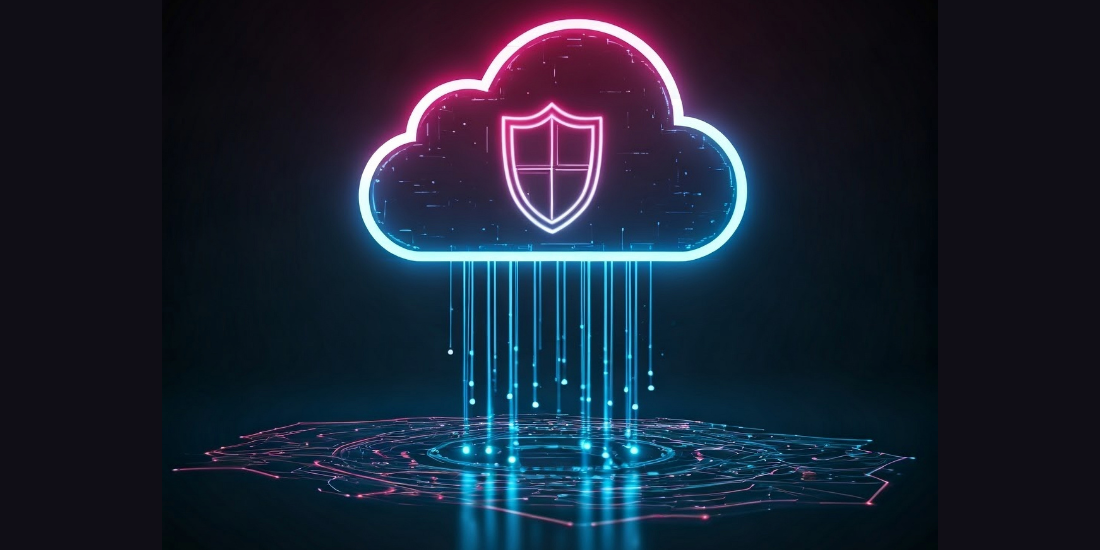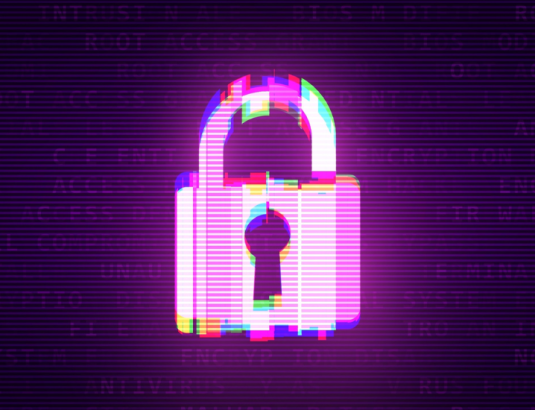


The state of Cybersecurity
As advanced and emerging technologies continue to evolve, cybersecurity is being challenged by an increasingly complex and dynamic threat landscape. Cybercriminals are now using tools meant to strengthen digital defenses—such as Artificial Intelligence (AI)–to craft more sophisticated, and difficult-to-detect attacks. In response, IT teams can no longer rely solely on software updates; they must create proactive and adaptable security environments.
What about organizations? They need to invest in people, strengthen their internal capabilities, and adopt cutting-edge technologies to stay ahead of evolving threats. Several key factors are shaping this new cybersecurity reality:
Geopolitical Instability: Nearly 60% of organizations report that international tensions have impacted on their cybersecurity strategies.
Complex Supply Chains: As businesses become more reliant on third-party vendors, 54% of large organizations cite third-party risk management as one of their most significant challenges to achieving cyber resilience.
Emerging Technologies: Although 66% of organizations anticipate that AI will have a major impact on cybersecurity in the coming year, just 37% have the proper frameworks in place to implement AI safely and effectively.
Regulatory Pressure: The growing number and complexity of global privacy and cybersecurity regulations are creating compliance challenges. Although 78% of private-sector leaders believe that these regulations reduce risk, over two-thirds find them difficult to navigate.
Within the framework of cybersecurity regulatory requirements, the NIS2 Directive establishes a unified legal foundation aimed at strengthening digital security across 18 critical sectors throughout the European Union. Its core objective is to protect network and information systems (NIS), their users, and any other affected parties from cyberattacks and related incidents. To comply with these requirements, organizations must implement robust cybersecurity risk management practices. This includes clear and comprehensive incident reporting protocols, as well as stringent supply chain security measures. Achieving compliance demands a strategic, integrated approach that involves identifying, assessing, and continually mitigating risks to IT and network infrastructures. One key obligation under the directive is the reporting of significant cybersecurity incidents within 24 hours of detection. Additionally, organizations must conduct regular assessments of their cybersecurity posture, identify vulnerabilities, and implement necessary actions to align with NIS2 standards.
AI presents both a challenge and an opportunity. Cybersecurity teams can harness AI to build intelligent systems capable of predicting, detecting, and countering advanced cyber threats. Equally important is workforce training, especially in recognizing phishing attempts, which continues to be the primary method for deploying ransomware. However, technology alone is not enough. What’s truly needed is a mindset shift. Cybersecurity must be treated as a strategic business priority, not just a technical issue. A unified leadership team—where business and cyber leaders are aligned on risks and responsibilities—is essential to navigating today’s digital complexity.
Ultimately, cyber resilience is not an individual effort. It requires cross-organizational and cross-sector collaboration, along with a shared understanding that cybersecurity is a collective responsibility. Decisive leadership, strategic investment, and a culture of continuous awareness will be critical to protecting the interconnected systems that define the modern digital economy.
At Info Quest Technologies, we deliver expert cybersecurity solutions backed by strong industry partnerships. By collaborating with globally recognized leaders, we equip organizations with the tools, technologies, and services necessary to manage cyber risks effectively and build digital resilience in a constantly evolving landscape. As the NIS2 Directive drives organizations toward urgent security investments, our company actively supports its channel partners in navigating the consulting processes necessary for NIS2 compliance, contributing to a safer ICT environment.




